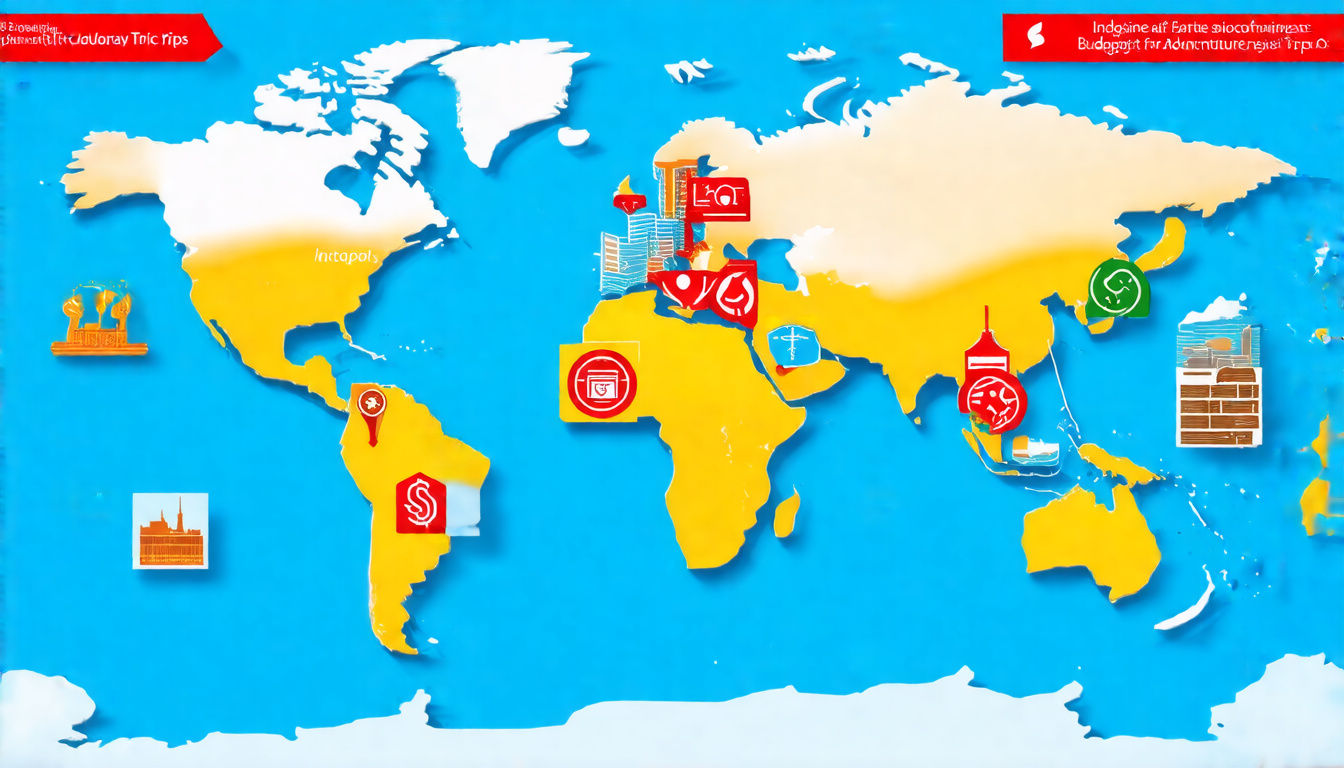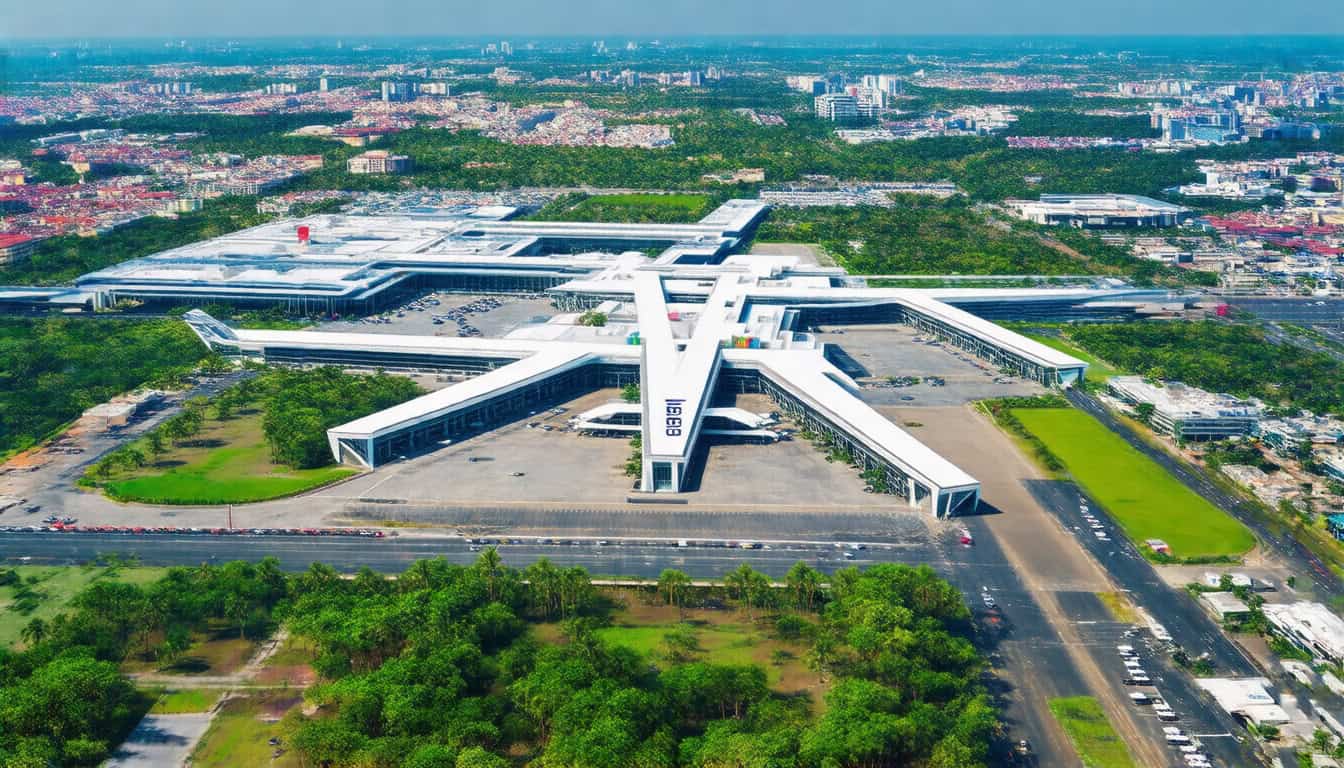Traveling the world can offer incredible experiences, yet it often raises questions about how to manage money wisely while on the road. We recently spent a full month in Japan and shared insights on how we handled our budget and income during this time. Japan’s reputation for being an expensive destination made this journey a good test of our financial planning and strategy.
Our budget updates come every month, showing both what we spend and what we earn. For June, we stayed entirely in Japan, a country many travelers consider costly. Adding to that challenge, June is a period when Japan experiences Golden Week, a cluster of holidays known to drive accommodation prices up. We were curious, too, about how flights fit into our monthly budget since flying is not part of our routine every month.
Flight Cost and Strategy
Our May 31st flight from Japan to Taiwan was the only flight we recorded for June’s budget as June itself did not include any new flights. We mainly traveled within Japan using bullet trains because of their speed and convenience. Tickets for flights usually come with a cost, but we keep them low by taking advantage of budget airlines in Asia. The Asian budget carriers differ greatly from those in other regions. They often offer reasonable prices and decent service.
This time, we treated ourselves with business class tickets on EVA Air. The tickets cost $82 plus 40,000 points. This price is exceptional for business class with lay-flat seats on a long-haul flight. Each ticket required 20,000 points, making use of credit card reward points. We recommend this strategy for travelers planning long-term adventures.
Our points come largely from American Express (AMX) credit cards, particularly the welcome offers. We suggest the AMX Gold and Platinum cards for those interested in collecting points quickly. The Gold card earns 4x points on dining and groceries, which helps accumulate points fast when making everyday purchases. Using these cards for regular expenses before travel allows you to save for flights without feeling the pinch.
Some worry about AMX cards’ acceptance overseas, but that concern is largely unfounded. While there may be spots that do not accept them, if you carry five different cards from various banks, you spread your risk. Losing access to a card happens due to expiration, fraud alerts, or card upgrades. We’ve already lost two cards this year. Having backups helps us continue spending without interruption.
Japan’s metal card restrictions surprised us. Several places, especially in Kanazawa, refused to accept metal cards like the Chase Sapphire Reserve. For those situations, a plastic card like the IHG card worked perfectly. We recommend a mix of card types suited for traveling around the globe, not relying too much on any one brand or style.
Housing and Accommodation Costs
Accommodation often makes up the largest part of travel budgets, particularly in expensive countries like Japan. Normally, we stay in one place per month to keep costs down and simplify daily life. Japan proved different because of availability and pricing. We stayed in seven different places during June. Changing accommodations so often is not ideal, but it helped us manage expenses.
We started at the Yokohama Intercontinental from May 1 to May 3, spending 32,000 IHG points. Using points this way helps offset high cash prices. This hotel stay was a treat. We booked a City View room but received a Bay and City View upgrade. The room was larger and more comfortable than expected. Complimentary upgrades like this add value to point redemptions.
The challenge came with Golden Week. Accommodation prices in Tokyo skyrocketed. Nothing below $300 a night was available during this peak holiday period. To avoid such high costs, we stayed in Yokohama for two more nights at the Tetsu Fresa Hotel for $272. The room was small but affordable relative to Tokyo’s peak prices.
Golden Week exemplifies how demand influences cost. Prices spike during festival seasons, holidays, and special events. Travelers should plan accordingly when visiting countries with known busy periods. Shifting locations helps, but it also means more movement than usual, which can add stress and logistical challenges.
General Travel Budget Insights
Our budgeting process tracks all costs, including flights, accommodations, food, transportation, and activities. We aim to create a realistic picture of monthly expenses on the road. Beyond spending, we also share income sources. For us, travel bills get covered by remote work, freelance projects, or investment dividends.
Japan’s experience reinforced the importance of flexibility in budgeting. Some months need more spending to enjoy certain exploits or overcome local pricing. Other months offer opportunities to save. Using rewards points and credit cards strategically plays a big role in keeping expenses manageable.
For travelers dreaming of long-term journeys, consider credit card welcome offers a key part of your financing plan. Acquire cards like AMX Gold early, use them responsibly for everyday purchases, and reap travel rewards later. Also, carry multiple cards to ensure coverage and ease upgrades or replacements while far from home.
When planning stays, research local busy seasons and festival weeks ahead of time. Adjust travel dates or destinations when possible to avoid inflated accommodation costs. Look beyond major cities for cheaper options nearby. Even if this means moving more often, you may save considerable money.
On transportation, using public trains in Japan cut down our internal travel expenses while giving us fast, reliable options. Flights are reserved for longer legs between countries or continents. When flying, budget airlines or points-based seat upgrades minimize costs.
Our Japanese adventure was more complex on the budget side than usual, but also rewarding. Careful cost tracking, flexible plans, and smart use of financial tools shaped our trip. This approach allows personal freedom while safeguarding financial health wherever we travel.
Summary of Key Tips:
- Use credit card welcome offers to build travel points before trips.
- Carry multiple credit cards from different banks to avoid disruptions.
- Plan accommodations early and avoid peak holiday weeks.
- Stay flexible with lodging to manage costs and availability.
- Use local trains or budget flights within regions for cost efficiency.
- Keep detailed monthly budgets including all spend categories.
- Combine income streams to support ongoing travel expenses.
Travel offers amazing opportunities, yet demands thoughtful money management. By sharing our Japan experience and budget strategy, we hope others gain confidence in planning their own journeys. Adventure and financial sense can go hand in hand.






